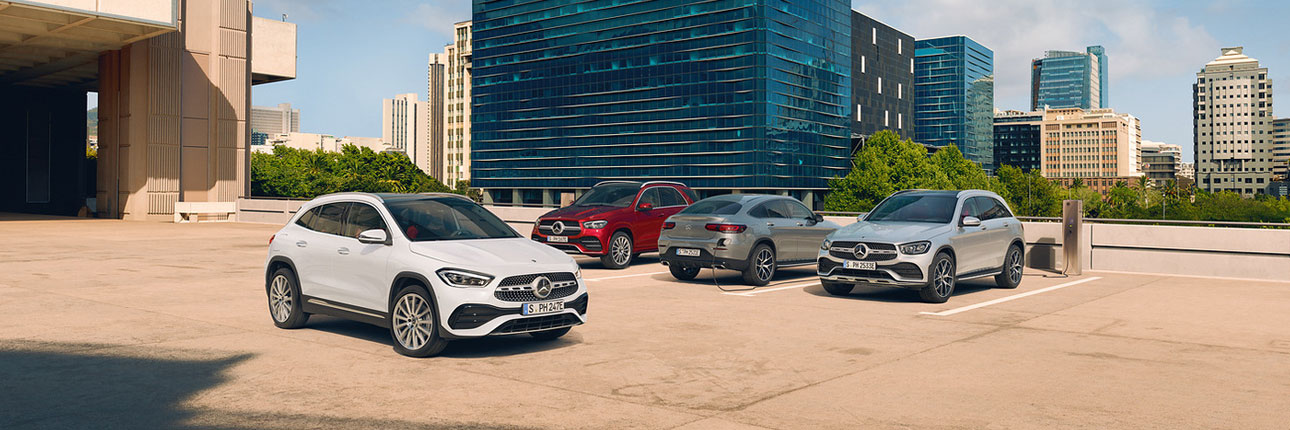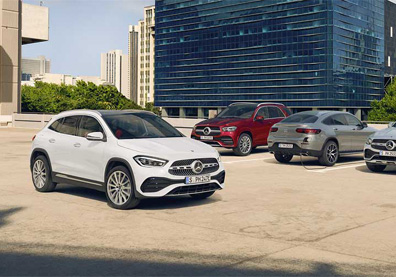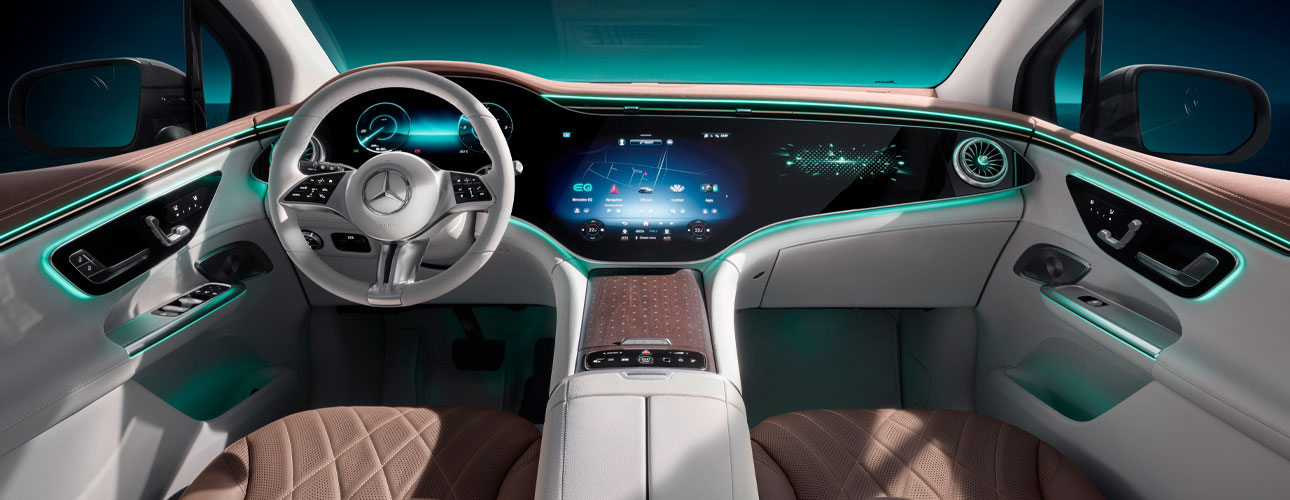We use cookies to make your experience better. To comply with the new e-Privacy directive, we need to ask for your consent to set the cookies. Learn more.


What is BIK (benefit in kind) car tax?
Your employer may offer you a range of perks as an added bonus aside from your salary package to enhance your standard employment package. One of these employee benefits may be a company car which may come with Benefit In Kind Tax.
In this blog post we take a look at what BIK is and how it may save you some money.

What is Benefit In Kind Tax?
Benefit In Kind (or BIK) is a tax for employees who gain benefits or perks on top of their monthly wage. If you are offered a company car which involves private usage, you will need to pay a BIK contribution, or company car tax.
How do I calculate my BIK company car tax?
You will be able to find some online calculators to assess your company car tax rate, the most up to date source is the company car tax calculator on the government website. Please be aware that the company car tax rate may change with each new tax year so other online calculators may not be accurate if they haven’t been updated to reflect this.
One factor that company car tax calculators consider is your vehicle’s CO2 emissions. This can be measured by looking at whether the car was registered before April 6 2020 and the emissions examined using the older NEDC test. Alternatively, if the car was registered after April 2020 the new WLTP test will be used.
Effectively, this means that despite BIK tax rates decreasing for most car models, the cash payments will most likely have stayed the same or increased, due to WLTP testing allegedly being more thorough.

BIK company car tax bands 2022 – 2025 for Electric Vehicles:
Did you know that by 2030 the UK government will be banning the production of fossil fuelled vehicles? To incentivise this, the BIK rates of all-electric vehicles will stay at 2% until the end of March 2025. PHEVs (Plug-in hybrid electric vehicles) will continue to hold exceptionally low rates, but these will now be graded based on the electric mile range. Therefore, vehicles that have a higher electric range will receive lower BIK rates.
Vehicle CO2(g/km) |
Electric Range(miles) |
FY 2022-23 %BIK Rate |
FY 2023-24 %BIK Rate |
FY 2024-25 %BIK Rate |
Petrol,Electric,RDE2 Diesel |
Petrol,Electric,RDE2 Diesel |
Petrol,Electric,RDE2 Diesel |
||
| 0 | 2 | 2 | 2 | |
| 1-50 | 130+ | 2 | 2 | 2 |
| 1-50 | 70-129 | 5 | 5 | 5 |
| 1-50 | 40-69 | 8 | 8 | 8 |
| 1-50 | 30-39 | 12 | 12 | 12 |
| 1-50 | <30 | 14 | 14 | 14 |
Is BIK tax different on vans?
If your company vehicle is a van you still may be required to pay BIK tax. The same principle applies to Vans, if you’re using the vehicle for business purposes only or you’re self-employed / a sole trader you will not be required to pay BIK tax. However, if you use your van for personal use, you will qualify to pay BIK tax at the same rate.
Mercedes-EQ BIK Examples:
| Benefit in Kind 2022/23 | |
| EQA | 2% |
| EQB | 2% |
| EQC | 2% |
| EQE | 2% |
| EQS | 2% |
| EQV | 2% |
Mercedes-Benz Hybrid Examples:
| Benefit in Kind 2022/23 | |
| GLA 250e | 11% |
| CLA 250e | 8% |
| GLC 300e / 300de | 16% |
| C-Class 300e / 300de | 8% |
| E-Class 300e/ 300de | 12% |
| GLE 350de | 8% |
If you would like more information on the Mercedes-EQ range, or have a business enquiry please don’t hesitate to get in touch with our Local Business Development Managers. Alternatively, fill out our contact us form and a member of the team will be in touch.


